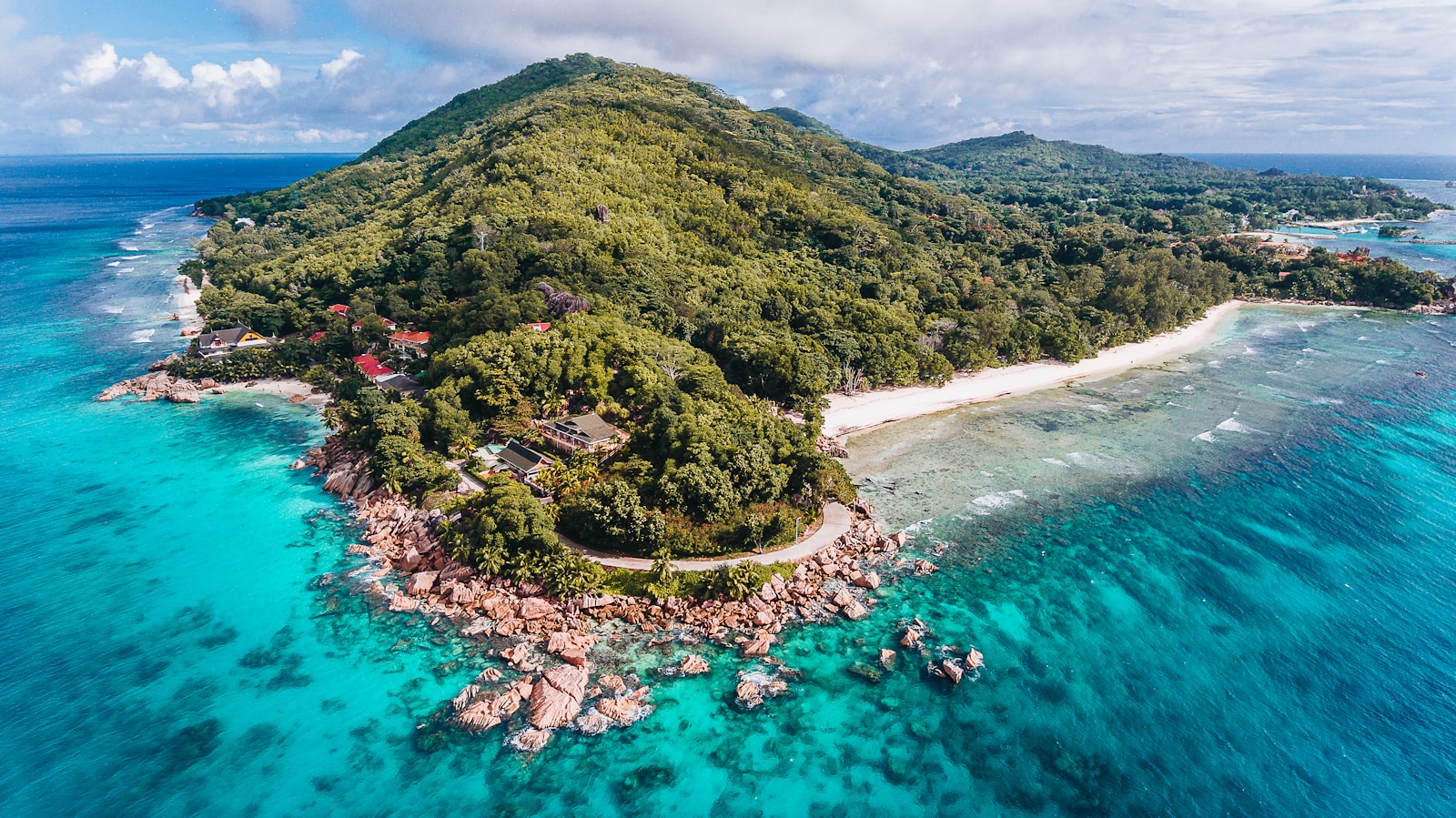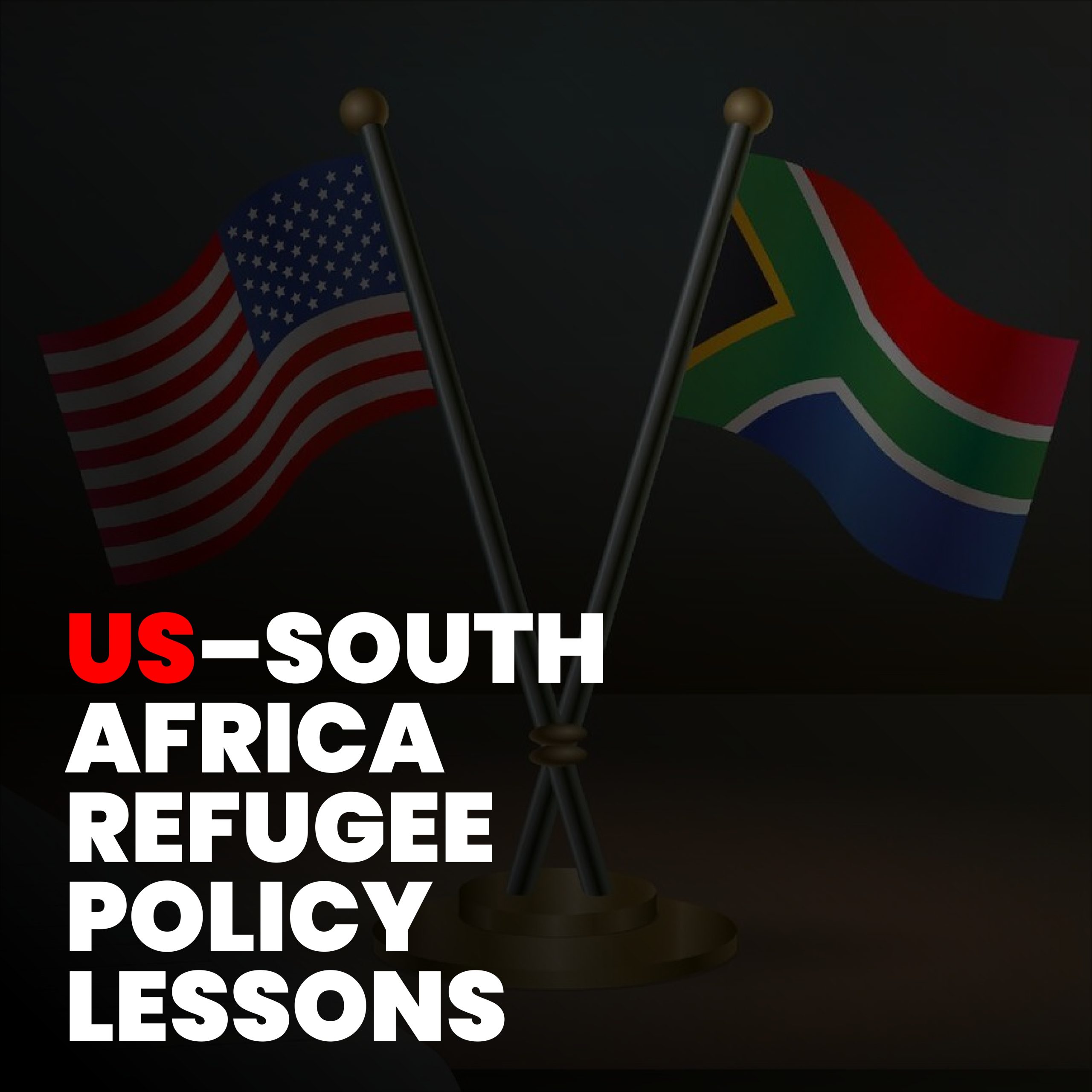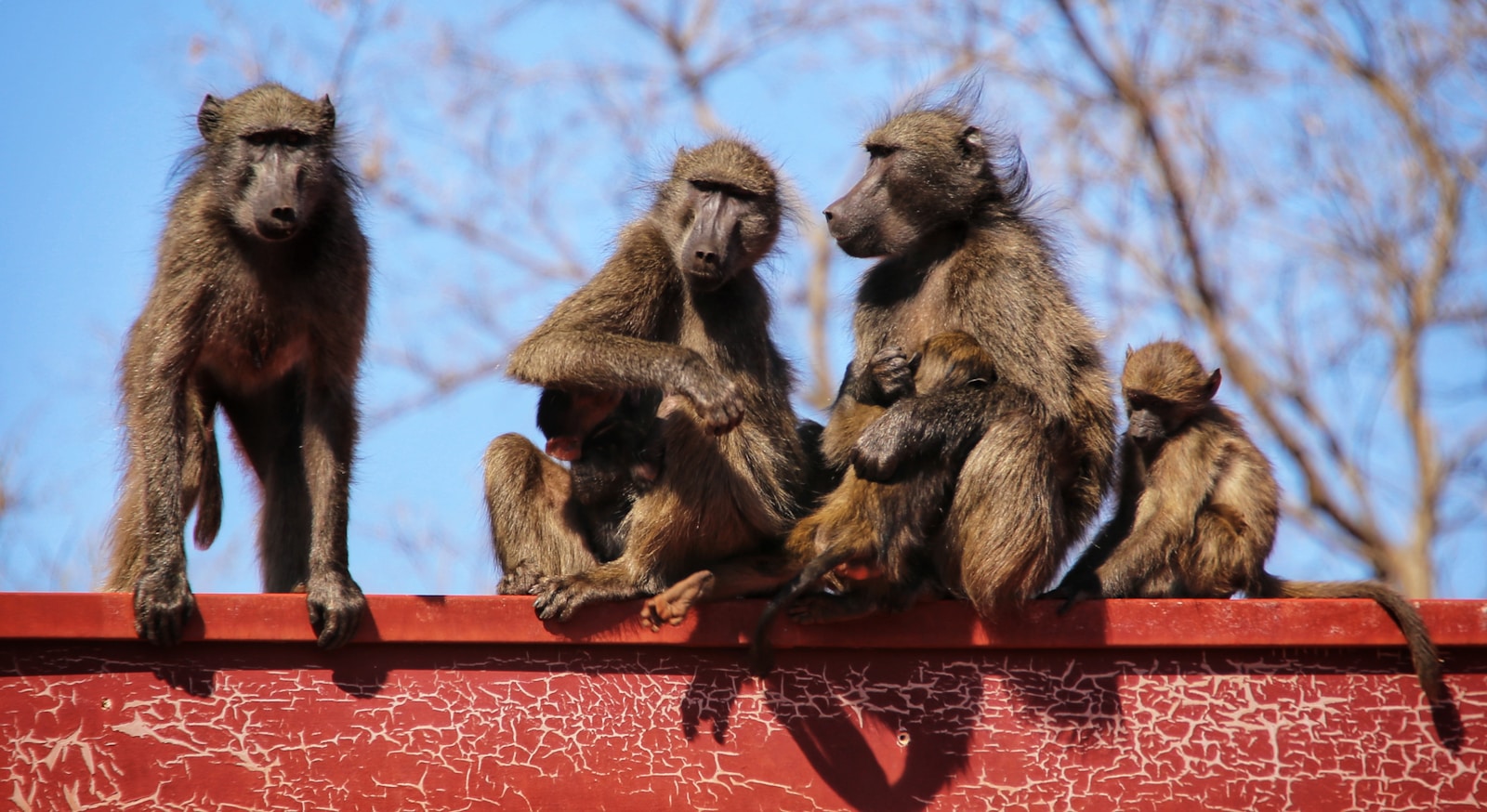Seychelles Election: 5 Critical Island Issues Shaping Fate
The Seychelles Election of 2025 has brought an unexpected spotlight onto Assomption Island, a small yet ecologically vital landmass in the western Indian Ocean. What might seem like a remote speck of land is now central to national politics, symbolizing the delicate balance between environmental preservation, economic development, and sovereignty. Voters are watching closely, knowing that the fate of this tiny island could sway the direction of the entire nation.
1. Seychelles Election And Assomption Island’s Strategic Significance
Assomption Island, located near the UNESCO-listed Aldabra Atoll, has become a strategic pivot in the election discourse. Its ecological value and isolation make it a perfect site for economic ventures, yet also a critical point for conservationists. The island was leased to a Qatari firm for a hotel project, a move that has ignited fierce debates among citizens, environmentalists, and politicians alike. Its fate now symbolizes the broader tensions between growth and preservation.
2. Environmental Concerns and Public Outcry
The proposed development on Assomption Island has raised alarms over potential threats to biodiversity and marine ecosystems. Critics argue that disturbing such a pristine environment could have irreversible consequences, not only for local wildlife but also for Seychelles’ reputation as a sustainable tourism destination. Public protests and legal challenges have intensified, making environmental stewardship a central topic in voters’ minds.
3. Seychelles Election And Political Ramifications of the Lease
President Wavel Ramkalawan seeks re-election amid these controversies, facing strong criticism from Patrick Herminie of the United Seychelles Party. Herminie has leveraged the lease issue to rally voters concerned about national sovereignty and environmental degradation. With Seychelles’ population being roughly 120,000, even small shifts in voter sentiment driven by the island’s fate could determine the election outcome. The island has thus become a powerful symbol in the political landscape.
4. Economic Opportunities vs National Interests
Supporters of the Assomption Island lease argue that the hotel development could bring much-needed foreign investment, job creation, and boost Seychelles’ tourism sector. However, opponents fear that economic gains may come at the cost of national interests and long-term environmental damage. This debate has polarized the electorate, forcing voters to weigh immediate economic benefits against sustainable development and ecological responsibility.
5. Drugs and Social Challenges Amplifying Concerns
Seychelles faces pressing social issues, including a rising rate of heroin addiction. Citizens are increasingly linking political decisions like the Assomption Island lease to broader governance and social responsibility questions. How leaders handle such complex issues is now a decisive factor for voters, who are demanding accountability, transparency, and sustainable policy-making. More details on Seychelles’ socio-economic situation can be found on AP News.
6. International Attention and Diplomatic Stakes
The Assomption Island controversy has also attracted international attention, with conservation groups and foreign investors closely monitoring the situation. Maintaining sovereignty while engaging in global economic partnerships has become a delicate diplomatic balancing act. This external scrutiny has heightened the stakes for the Seychelles Election, pushing candidates to carefully articulate their positions on environmental, economic, and diplomatic issues. For local policy insights, see our detailed analysis on Seychelles Policy Analysis.
7. National Identity and Public Sentiment
The debate over Assomption Island goes beyond ecology or economy; it touches the core of Seychelles’ national identity. Many citizens see the island as a symbol of sovereignty and heritage. How each candidate addresses this issue could significantly influence public sentiment and voter turnout. The island has effectively become a litmus test for leadership, values, and commitment to preserving the nation’s unique character.
8. Media Influence and Voter Awareness
Local and international media coverage has amplified the island’s significance in the election. Social media campaigns, news reports, and community forums are shaping voter perceptions rapidly. Accurate information dissemination and countering misinformation have become key strategies for both candidates, demonstrating the growing power of media in small-scale democracies like Seychelles.
9. Environmental Tourism as a Game-Changer
Seychelles relies heavily on eco-tourism as a cornerstone of its economy. Decisions regarding Assomption Island will impact not only environmental conservation but also the island nation’s global tourism appeal. This link between ecological stewardship and economic growth has made voters more conscious of sustainability issues. Experts suggest that adopting responsible tourism policies could ensure both economic prosperity and environmental protection. Learn more about sustainable tourism trends at National Geographic Travel.
10. Election Outcome Hinges on Critical Decisions
Ultimately, the Seychelles Election may be decided by how voters perceive candidates’ handling of the Assomption Island issue. Balancing economic development, environmental preservation, and national sovereignty is a complex challenge. Citizens are making informed choices, knowing that the consequences will shape the country’s future for years to come. The election results will signal not just a political winner, but the nation’s priorities regarding sustainability, governance, and social responsibility.
Conclusion
Seychelles Election 2025 highlights how a single island can symbolize national debates over identity, environment, and progress. Assomption Island has emerged as a crucial factor, embodying the challenges and opportunities facing the nation. Voters’ decisions will reflect broader societal values and set a precedent for responsible governance in Seychelles. In the end, the tiny island’s fate may well decide the future of the entire country.




